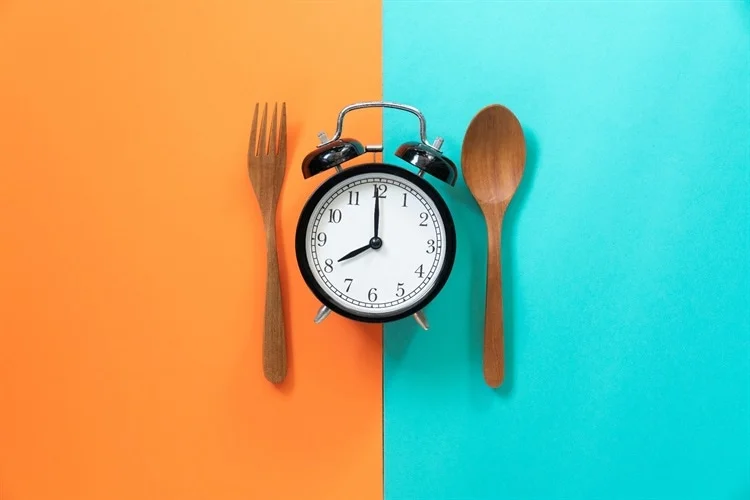Researchers have discovered that intermittent fasting significantly boosts the sex drive of male mice, potentially offering a new avenue for addressing low libido in humans. The study, conducted by scientists from the German Center for Neurodegenerative Diseases (DZNE) in collaboration with researchers from Qingdao University and the University of Health and Rehabilitation Sciences in China, revealed that long-term fasting in 24-hour cycles led to a notable increase in mating behavior.
The findings, published in the journal Cell Metabolism, stemmed from an unexpected observation during experiments aimed at studying the effects of fasting on offspring. The researchers noticed that older male mice, subjected to intermittent fasting, produced a surprisingly high number of offspring. Further investigation revealed that this was not due to improved reproductive organ function, but rather an increased frequency of sexual activity.
The intermittent fasting regimen involved alternating 24-hour periods of unrestricted food access with 24-hour periods of water only. Mice subjected to this regimen for six months or more exhibited significantly higher mating behavior compared to their non-fasting counterparts.
The researchers traced the increased sex drive to a reduction in the neurotransmitter serotonin in the brain. Serotonin, known to inhibit sexual behavior, was found at unusually low levels in the fasting mice. This reduction was linked to a diet-induced deficiency of tryptophan, an essential amino acid required for serotonin synthesis.
“These mice were, so to speak, sexually uninhibited; the usual regulatory restraint was diminished,” said Dr. Dan Ehninger, research group leader at DZNE and lead author of the study.
The researchers suggest that similar mechanisms may exist in humans, as serotonin plays a crucial role in regulating sexual behavior in both species. They propose that fasting could potentially be a therapeutic approach for individuals experiencing hypoactive sexual desire disorder, particularly older adults.
“In view of this, I consider it very plausible that sexual desire in humans can be influenced by fasting—possibly not only in men, but also in women, since serotonin affects their libido as well,” Ehninger stated.
However, the researchers emphasized that more studies are needed to determine the specific fasting regimen required to achieve this effect and whether general caloric restriction would yield similar results.
Disclaimer: This article is based on research conducted on mice and does not constitute medical advice. The findings may not be directly applicable to humans, and further research is necessary to confirm these results in human subjects. Individuals considering intermittent fasting or any dietary changes should consult with a healthcare professional before making any modifications to their diet or lifestyle, especially if they have pre-existing health conditions.












